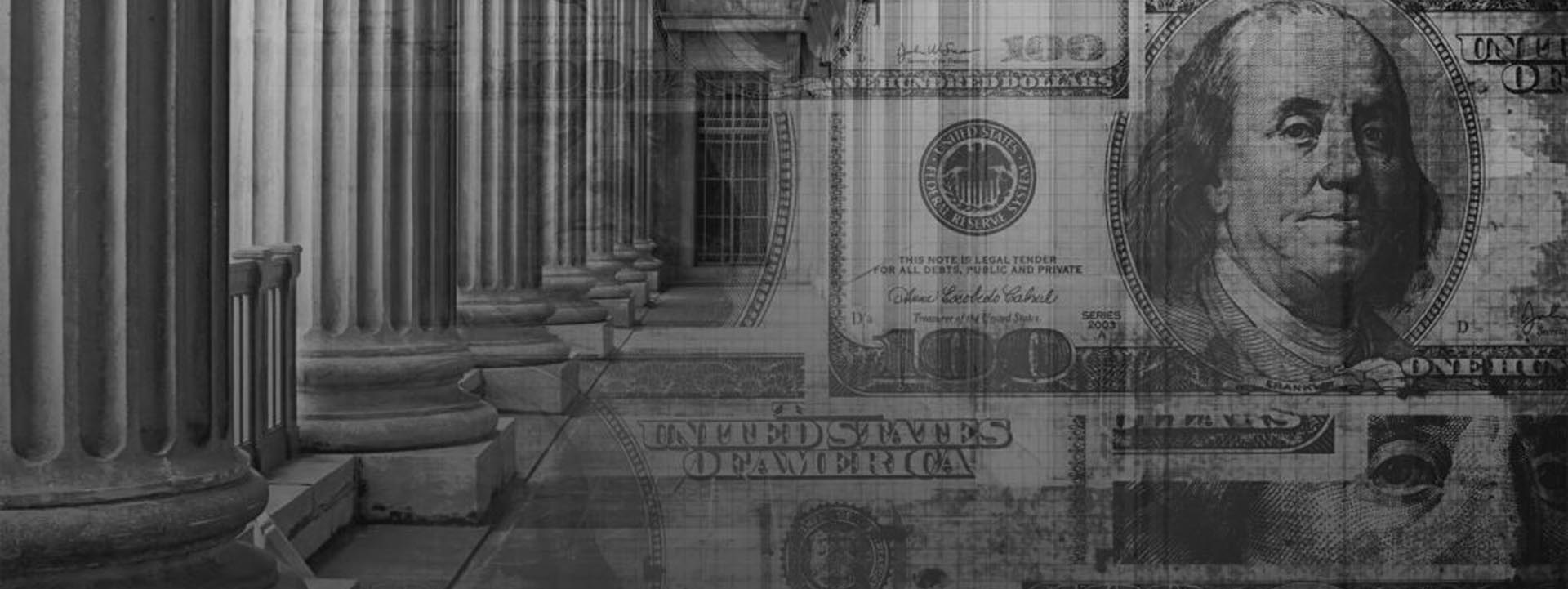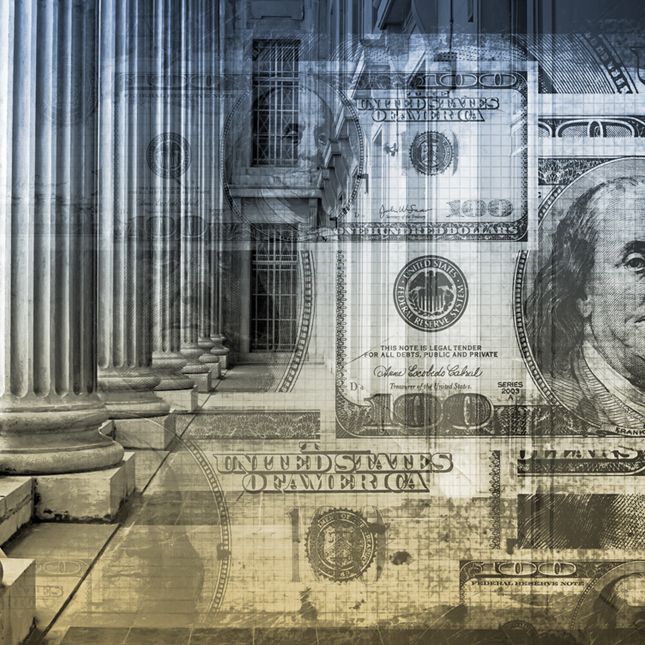We at Bankruptcy Professionals, PLLC are experienced in guiding individuals through the process of filing chapter 7 bankruptcy.Let us help you obtain a fresh start.
Interested in obtaining a free case evaluation?
CH 7 Q&A
Who Qualifies for a Chapter 7 Bankruptcy?
To determine if you qualify for a Chapter 7 Bankruptcy, you need to pass a means test. This test is to make sure Chapter 7 Bankruptcies happen for those who do not have the financial means for a Chapter 13 Bankruptcy instead. This means test compares your income to the median Utah family/individual income of the same size and determines your disposable income found in the Census Bureau of the Department of Justice. If your projected disposable income is less than $100 a month for the next five years, you should be eligible for a Chapter 7 Bankruptcy. You will be required to attend financial/debt counseling as part of the process.
Do I Need an Attorney to File a Chapter 7 Bankruptcy?
Whether or not you need an attorney depends on your situation. Business entities are required to be represented by an attorney, but individuals are not. Navigating the procedural hurdles of bankruptcy is best done by an experienced bankruptcy attorney. If, however, you decide to file a Chapter 7 petition without the advice of an attorney, there is some helpful information available at the Utah Bankruptcy Court’s website http://www.utb.uscourts.gov located under the Unrepresented debtor tab.
What is a Chapter 7 Discharge?
A Chapter 7 Discharge is when individual debtors are no longer held liable for certain debts owed. In a Chapter 7 Bankruptcy, discharges are only available to individuals not corporations. In other words, the collection calls will stop. You will finally have the freedom to answer the phone without worrying that it might be another creditor.
How Long Does it Take to Get a Chapter 7 Discharge?
It usually takes 3-4 months to complete an individual Chapter 7 Case.
Required Documents: When a debtor initiates a bankruptcy case certain documents must be filed:
1. Attorney Certificate
2. Proof of Income
3. Monthly Net Income
4. Anticipated Changes in Income
5. Educational IRA
6. Copy of Most Recent Tax Return, possibly tax returns during pending cases, or three years prior
RESOURCES:
Utah Courts – Consumer Debt – This website provides ‘Self-Help’ Resources for Consumers, including small claims, debt & debt collection, fraud and identity theft and government & non-profit consumer agencies.
Utah Bankruptcy Courts – This website provides you with great information regarding local opinions, rules, policies and procedures, and guidelines, as well as credit counseling/debtor education. This website can also provide important calendars and official forms for you to look over and complete.
Utah State Legislature – Here you can see the different Tiltles and Judicial Codes for the State of Utah. This website can show you which properties are protected in bankruptcy. The things listed can’t be taken from you during Chapter 7 or Chapter 13 bankruptcies.
*Not all debt can be discharged when filing a Chapter 7 or Chapter 13 Bankruptcy. Some of these non-discharged debts include student loans, criminal fines, child support, recent taxes, and alimony.



